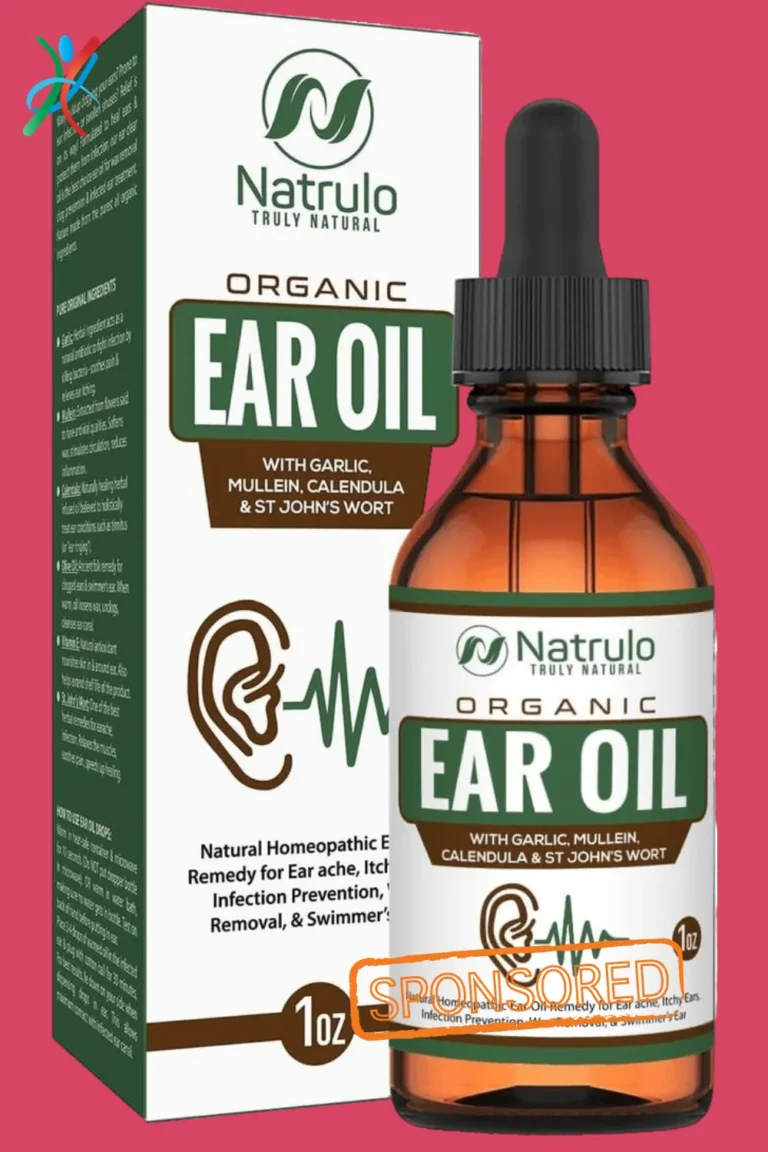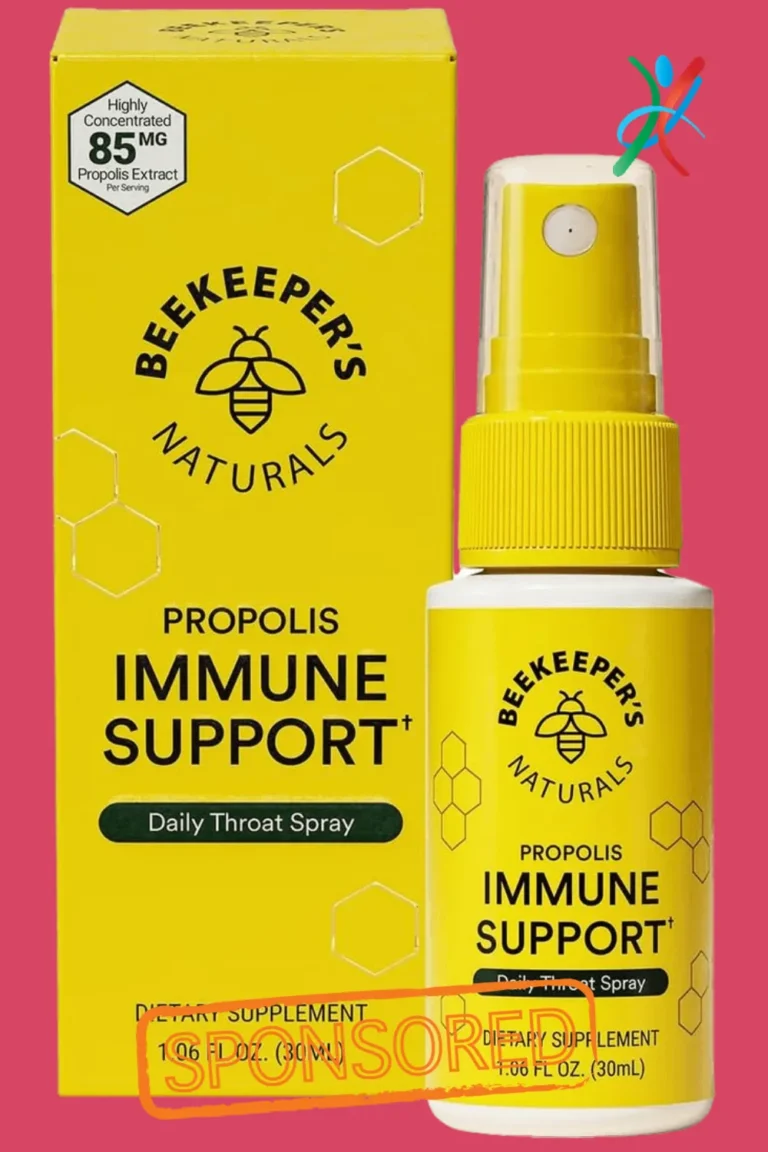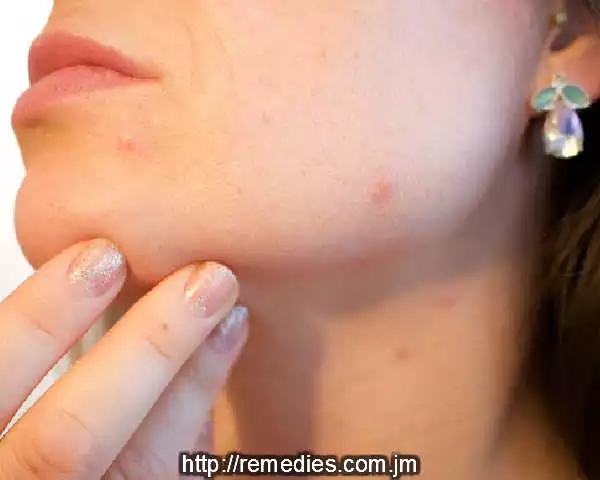Natural Anxiety Cures
In the still of the night or the chaos of the day, a gnawing sensation tightens its grip around the chest of millions.
Anxiety, an often invisible ailment, can be as crippling as any physical injury.
Encompassing a range of symptoms from heart palpitations to an overwhelming sense of dread, anxiety is more than mere worry.
Understanding the many faces of anxiety disorders is crucial to grasping the full impact they have on mental health.
From generalized anxiety disorder to panic attacks, each variant plays havoc in different ways, making knowledge a powerful ally.
As everyday life grows increasingly complex, more individuals are seeking solace in the arms of nature, exploring avenues less traveled by traditional medicine.
As we delve into the world of natural remedies, this exploration opens a dialogue on the effectiveness of holistic approaches in soothing the troubled mind.
With a tapestry of options ranging from herbal concoctions to omega-3s, this article invites you on a quest to understand how behavioral therapies and lifestyle shifts can complement, or even replace, conventional treatments.
Welcome to the intersection where ancient wisdom meets modern psychology.
Table of Contents Natural Anxiety Cures
Understanding Anxiety and Its Symptoms
Anxiety, a complex emotion engulfing feelings of fear, worry, and dread, is a natural reaction to stress.
Its roots can be traced back to a mixture of genetic factors, environmental influences, and brain chemistry nuances.
While the experience of anxiety is universally human, it presents itself in an array of symptoms, from bodily responses such as an increased heart rate and rapid breathing to emotional states like restlessness and impaired concentration.
It isn’t uncommon for individuals to encounter anxiety in its mild form, signified by fleeting stomach butterflies or a sudden urge to visit the restroom.
However, more severe manifestations, including panic attacks, persistent itching, disturbed sleep filled with nightmares, and debilitating painful thoughts, may appear.
Especially when anxiety lingers, centered around past or anticipated future events, it could signify an anxiety disorder.
This mental health condition can wear many masks, including but not to be limited to panic disorder, post-traumatic stress disorder (PTSD), obsessive-compulsive disorder (OCD), separation anxiety, illness anxiety, various phobias, generalized anxiety disorder (GAD), or social anxiety disorder.
Given the core role anxiety plays in these conditions, it becomes critical to recognize its symptoms and understand its multifaceted character in order to manage or treat it effectively.
What is Anxiety?
Anxiety is more than momentary worry; it is an emotion that bundles worry, fear, and apprehension with physiological symptoms like sweating and palpitations.
The American Psychological Association points out a nuanced difference between anxiety and fear, attributing the former to contemplation of future uncertainties and the latter to immediate tangible dangers.
While occasional anxiety is a part of life’s fabric, its relentless presence may culminate in the form of anxiety disorders such as generalized anxiety disorder (GAD) or panic disorder.
The path to managing anxiety is multifarious, spanning prescription medications, therapeutic interventions, lifestyle adaptations, and natural approaches.
Statistics reveal that nearly one in three adults will encounter an anxiety disorder in their lifetime, confronting a spectrum of anxiety types ranging from generalized to social and from panic-induced to trauma-related.
Common Symptoms of Anxiety
The touch of anxiety can lead to a range of physical manifestations including muscle tension, a constricted chest, abnormal heart rhythms, elevated blood pressure, and gastrointestinal disturbances.
Alongside these, a host of psychological symptoms often coalesce, exemplified by sleep disturbances, irritable or panic-stricken states, cognitive disruptions, and a general sense of unease.
Additional markers such as sweat-drenched episodes, pervasive feelings of anxiousness, and social withdrawal further flesh out the anxious profile.
This excessive worry and tension carry the potential to burden both mental and physical faculties, and for those grappling with anxiety disorders like GAD or panic disorder, it can transform into an incessant overhang of fear or nervousness, throwing their daily life off-balance.
Different Forms of Anxiety Disorders
A tapestry of disorders lies under the umbrella of anxiety, among them general anxiety disorder, obsessive-compulsive disorder (OCD), social anxiety disorder, and panic disorder.
These disorders may also extend to specific phobias and situational forms like autophobia or the Sunday night dread.
The underpinnings of these disorders are varied, with stress, traumatic past events, hormone imbalances, and dysfunctional serotonin mechanisms often implicated.
Risk factors cast a wide net, capturing gender predispositions, the encounter of stressful events, familial mental health histories, socioeconomic challenges, and a propensity for shyness in formative years.
Individuals with anxiety disorders may contend with an array of symptoms including, but not limited to, muscle tension, heart flutters, digestive issues, sleeplessness, intense panic, irritability, and trouble focusing.
How Anxiety Affects Mental Health
When the grip of anxiety becomes chronic, it may suggest an underlying anxiety disorder, indicating the importance of seeking professional intervention if daily functionality is compromised.
Incorporating regular physical activity is known to favor mental health, showing promise in diminishing anxiety levels both transiently and enduringly.
Mindful practices, such as yoga, tout believed benefits against anxiety, contributing positively to mental equilibrium.
Past traumas – abuse, neglect, bullying, loss – can act as catalysts for anxiety, leaving lasting imprints on an individual’s mental health.
Moreover, present-day stressors, be they work-related, financial, or pertaining to health matters, have the potency to incite anxiety, thus adversely affecting one’s psychological state.
Natural Remedies for Anxiety
In the quest for alleviating anxiety, many individuals turn to natural remedies, hoping to find solace without resorting to pharmaceutical interventions.
Clinical trials and research punctuate the dialogue surrounding anxiety with promising narratives of complementary and alternative medicines (CAM) offering a beacon of relief.
These natural approaches span a spectrum that includes herbal elixirs, vital nutrients, and behavioral therapies.
A holistic path to managing anxiety can also involve simple lifestyle adjustments that pivot towards tranquility and psychological well-being.
Patients seeking to explore this avenue should do so in conversation with healthcare providers, to avoid contraindications and honor the unique tapestry of their well-being.
With a focus on amelioration, these remedies stand as a testament to the human inclination towards natural harmonization, encapsulating an age-old affinity for the Earth’s healing offerings.
Herbal Supplements and Remedies
Historical and contemporary wisdom converges in the use of herbal supplements as a remedy for anxiety.
For instance, chamomile, not just a soothing bedtime tea, has seen its potential unlocked in the reduction of generalized anxiety disorder symptoms.
Similarly, the roots of St.
Johns Wort and valerian beckon with promises of serenity, having been scrutinized in the crucible of modern clinical trials.
Kava and Ashwagandha also share the stage as they are known to engage the body’s stress response, dousing the fires of chronic anxiety with a dose of herbal calm.
However, these natural aids must not be taken lightly, as their power commands respect.
Interactions with pharmaceuticals or conditions could lead to unintended consequences.
Thus, a consultation with a healthcare provider is essential to ensure a harmonious blending of nature’s remedies with one’s personal health landscape.
Amino Acids and Omega-3 Fatty Acids
The nutritional keystones of amino acids and omega-3 fatty acids have not escaped the attention of those plagued by anxiety.
The amino acid L-Theanine, for example, possesses the graceful ability to instil relaxation without surrendering one to sleepiness – a subtlety borne from the nuanced dance of alpha brain waves.
Meanwhile, the venerable omega-3 fats, ensconced in salmon’s silken flesh or the humble walnut, confront inflammation, a whisper of their multitiered role in regulating mood and tempering the body’s response to stress.
A repertoire of foods, including leafy greens, nuts, and seeds, offer a medley of magnesium, a mineral with acclaimed links to mood improvement and anxiety reduction.
Incorporating these nutrients into a balanced diet may thus serve as a gentle, yet powerful, ally in the journey towards mental equilibrium.
Behavioral Therapy and Lifestyle Changes
Among the toolset for combating anxiety, Cognitive Behavioral Therapy (CBT) emerges as a cornerstone, well-established in its efficacy.
This therapeutic approach dissects and reconstructs the often-invisible nexus between thought, emotion, and action.
The primary aim of CBT is to dismantle the pervasive negative thought patterns, replacing them with more grounded and less anxiety-inducing alternatives.
Simultaneously, lifestyle modifications can also serve as a sturdy bulwark against anxiety’s relentless waves.
Subduing caffeine’s electric hum and diminishing alcohol’s deceptive solace can restore a sense of control.
Additionally, those contending with anxiety may find prescription medications, such as SSRIs or benzodiazepines, form a critical part of their treatment plan when used judiciously and in harmony with natural anxiety remedies.
These behavioral therapies and life adjustments underscore the multifaceted nature of combating anxiety and the power of individual agency in the pursuit of mental wellness.
Each person’s path to peacefulness is personal, yet universally, proactive choices are the stepping stones to a mind at rest.
Seeking Professional Help
Chronic anxiety can be debilitating, often requiring professional help to manage effectively.
If feelings of anxiety persist most days for at least six months without a specific trigger, or if they interfere with daily tasks and quality of life, it is critical to seek the guidance of a mental health professional.
While natural remedies and lifestyle changes can be beneficial, chronic anxiety that occurs regularly could signify an underlying mental health condition like an anxiety disorder, and professional interventions such as Cognitive Behavioral Therapy (CBT) and medication may be necessary.
Both talk therapy and pharmacotherapy have been shown to be effective treatment options for chronic anxiety, and a combined approach is a recommended pathway to ameliorate severe anxiety symptoms.
Understanding the Importance of Clinical Trials
Clinical trials shed light on the efficacy and safety of various treatments, playing a crucial role in our understanding of anxiety cures.
For instance, chamomile, while heralded in small-scale studies for reducing symptoms of generalized anxiety disorder, requires larger sample sizes to validate its effectiveness conclusively.
Similarly, when assessing kava’s benefits, trials suggest doses under 400 mg per day minimize risk, although concerns about the quality of supplements and rare severe side effects such as liver damage necessitate caution.
These trials illuminate the importance of rigorous testing in developing safe, effective anxiety treatments against the backdrop of global comorbid psychiatric conditions that impair life quality.
The Role of Mental Health Professionals in Anxiety Treatment
Mental health professionals, equipped with expertise in various therapeutic modalities, are instrumental in tailoring anxiety treatments to individual needs.
Cognitive Behavioral Therapy (CBT) is often the preferred technique, praised for its structured approach in dismantling negative thought patterns and can be accessed in person or via online platforms.
Medications, such as antidepressants and sedatives, are employed to manage severe anxiety symptoms, stabilizing brain chemistry, and diminishing the occurrence of anxiety episodes.
Combining medications with talk therapy and self-care strategies often yields a comprehensive treatment regime that significantly decreases the likelihood of severe anxiety episodes.
When to Consult a Healthcare Provider for Anxiety
Anxiety that significantly disrupts daily life warrants the involvement of a healthcare professional.
Whether it’s persistent anxiety that lifestyle modifications and natural remedies fail to alleviate, or the presence of anxiety alongside the use of prescription medications or during sensitive life stages such as pregnancy, consulting a healthcare professional is essential.
Medical doctors, pediatricians, or mental health specialists help pinpoint anxiety’s root causes, potentially identifying underlying medical conditions, and guiding patients through treatment options appropriate to their unique situations.
Integrating Natural Remedies with Traditional Treatment Approaches
Natural remedies have a place alongside traditional treatments and can complement pharmacotherapy and psychotherapy to create a holistic approach to anxiety management.
Supplements like vitamin B6 and B12 aid in mood regulation and nervous system support, potentially easing anxiety symptoms.
The therapeutic potential of melatonin, L-Theanine, and lemon balm has also been recognized for natural anxiety relief.
Prior to integrating such natural remedies, however, it is imperative to consult with healthcare providers to ensure safe and synergistic use alongside conventional therapies.
The National Center for Complementary and Integrative Health’s Perspective
The National Center for Complementary and Integrative Health (NCCIH) offers valuable perspectives on anxiety management through complementary health approaches.
It underscores the effects of natural substances, including L-theanine, investigated via randomized controlled trials for their impact on stress-related symptoms and cognitive function.
Moreover, entities such the National Institutes of Health Office of Dietary Supplements contribute to crucial research and dissemination of information regarding such remedies.
Herbal teas, lifestyle changes, and mindfulness practices are among the complementary techniques advocated by the NCCIH.
Nevertheless, they advise consulting healthcare professionals if these natural approaches fall short, to pinpoint and tackle the root causes of anxiety effectively.







